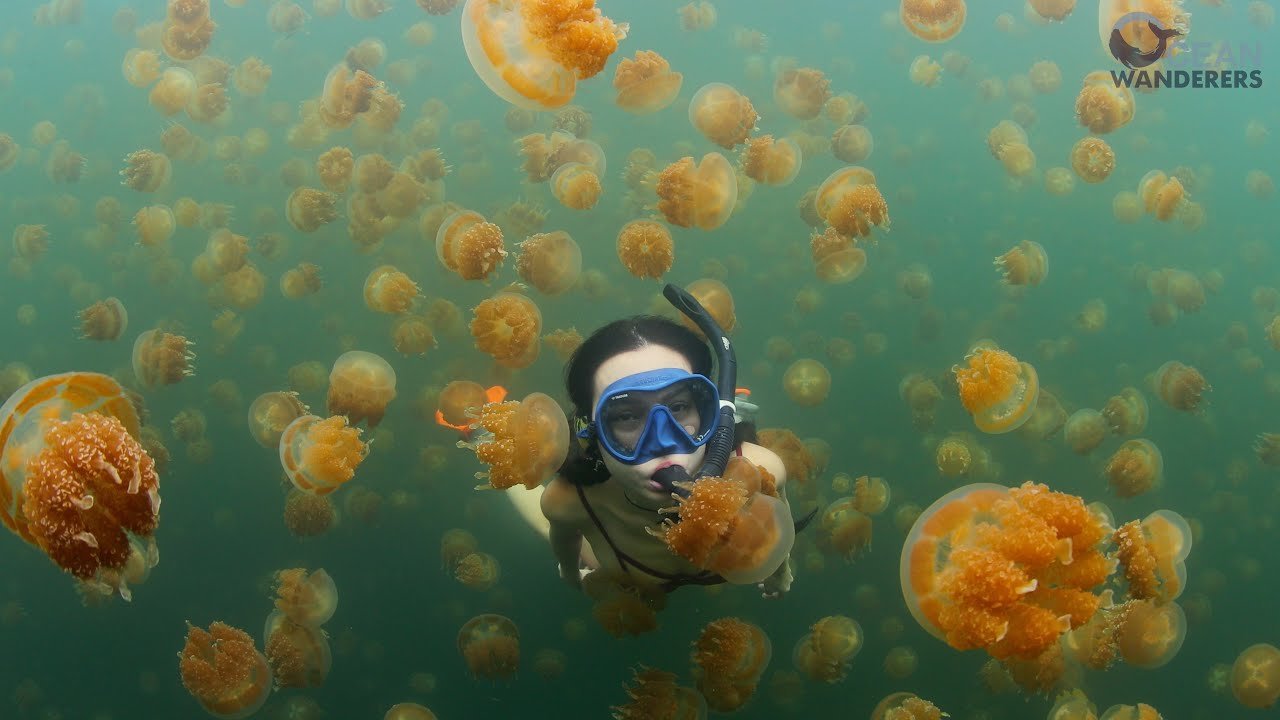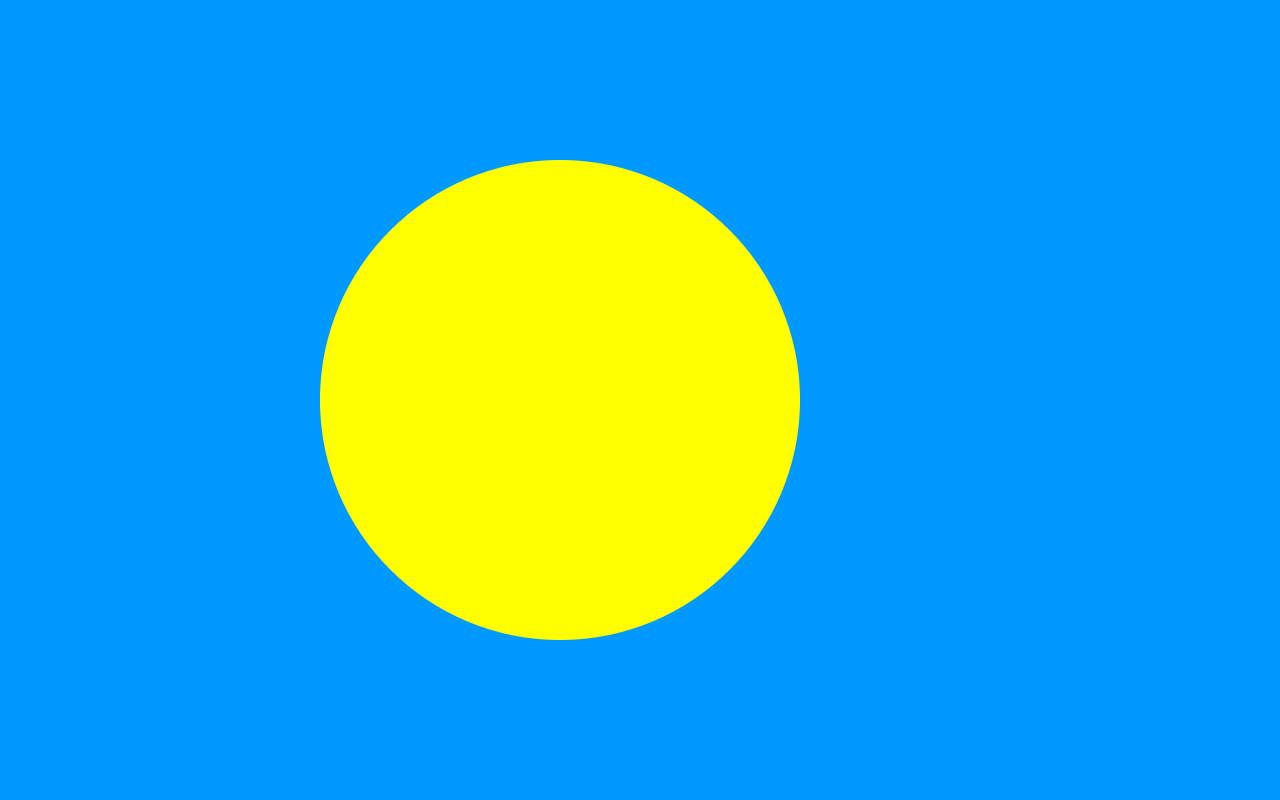
Palau - 76.39
37
Nobody stays at the top forever
Palau, the highest scoring Pacific Island nation, still struggles with the key issue that threatens all others: climate change. Palau will be rendered uninhabitable by 2100, admittedly fairing better than some others (namely Kiribati and the Marshall Islands) but unless climate change drastically changes course within the next few decades, Palau is effectively doomed. Palau manages its government similarly to other Pacific Islands, in that it operates a strong representative democracy. Palau’s human rights situation is also relatively good, and the freedoms experienced by Palauans are not unexpected in the region. However, it is in the country’s economy and the health of its people that Palau truly sets itself apart. The average Palauan is significantly wealthier than the average Tuvaluan or Marshallese and the country does not struggle with the same economic floundering seen in Nauru. Palauans, while still struggling with obesity and its associated problems, are also healthier than other Pacific Islanders, living longer and benefitting from a better universal healthcare system. While the influence of Palau’s relatively low corruption and competent economic management cannot be understated, another factor that cannot be ignored is Palau’s natural advantages over other Pacific Islands. Jellyfish Lake as well as several world-renowned scuba-diving spots have attracted tourism dollars that serve a significantly smaller population than many other Pacific Island nations.
Human Rights - 70
Palau has fully abolished the death penalty. The country’s only prison was at 162% capacity throughout 2021 and prisoners lacked adequate access to exercise facilities, rarely allowed to leave their already overcrowded cells. Homosexuality is legal with no other rights or protections. Abortion is legal to save the woman’s life.
Democracy - 100
The president and congress are both directly elected through free and fair elections. Palau is under a de facto no-party system, as no candidates are part of political parties but party formation and participation are not restricted. Traditional chiefs retain an advisory role but hold no official power unless elected. Palau is a State in Free Association with the United States but American interests do not exert significant sway over Palauan politics.
Freedom - 81
Palauan-owned newspapers and broadcasters struggle financially but the government places no restrictions on the media. Palauan politics and events are seldom covered by international media, so despite a lack of government restrictions, Palauans are often deprived of reporting on local events. Internet access is often hampered by high cost and low speed but is not restricted by the government. Religious organizations and foreign missionaries wishing to operate in Palau must obtain permits from the government but the process is neither onerous nor discriminatory. All drugs are illegal in Palau and the country has a total ban on civilian gun ownership.
Economy - 74
Health - 76
Palau has a life expectancy of 72 years and an infant mortality rate of 1.58%. The obesity rate in Palau is one of the highest in the world at 55.3% and 4.6% of Palauans are malnourished. Palau’s universal healthcare system guarantees free care for all Palauans but there is only one full-service hospital in the country, located in Koror. The government subsidizes travel to Taiwan or Guam to receive certain procedures. 90% of Palauans have access to clean, running water.
Corruption - 73
Recent presidential administrations have cracked down on grand corruption and have been purging corrupt officials from the Palauan government. Several government officials have been convicted on longstanding corruption charges in recent years. Public services are generally regarded as cumbersome if bribes are not paid.
Competency - 67
The Palauan government has largely failed to protect local media, allowing it to fall into unprofitability and allowing the Palauan people to go without crucial coverage of local events. The government has also failed to provide internet access, as a generally wealthy population of a developed country largely lacks access to the internet.
Future - 10
Palau will be rendered uninhabitable by 2100. Many smaller islands will be rendered uninhabitable by 2050 and will be completely underwater by 2100. If climate change does not change course within the next few decades, Palau is effectively doomed.
Actions Abroad - 100
Palau does not have a military, instead falling under the military protection of the United States as part of the two countries’ Compact of Free Association. Palau maintains close relations with Taiwan.
1% of Palauans live under the international poverty line and 24.9% live under the national poverty line. 1.4% of Palauans are unemployed. Palau has a low economic disparity. The minimum wage in Palau is $3.00 per hour. Palau has a decent universal healthcare system providing free care to all Palauan citizens. Palau has one publicly owned hospital in Koror and several health clinics. Certain procedures cannot be performed in the country and so the government subsidizes travel to Guam or Taiwan for treatment. Palau’s economy shrunk 9.7% in 2020 and grew 1.9% in 2019.
